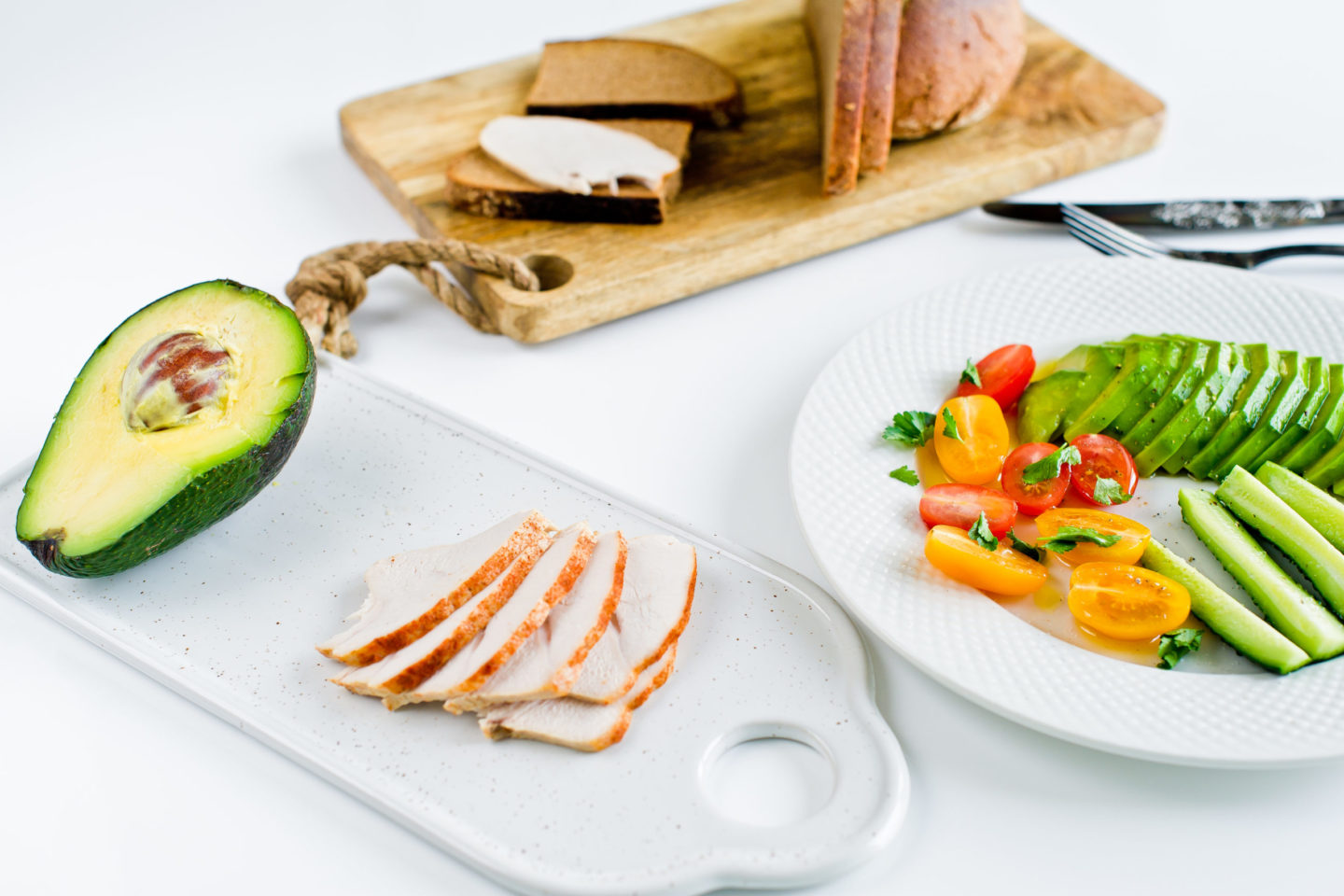Cramps in the gastrointestinal tract, loss of appetite, diarrhoea – an irritable bowel syndrome manifests itself in many symptoms. As [...]

How to fight the irritable bowel with the right nutrition
Rumbling, pulling, bubbling or pinching, flatulence, diarrhea, constipation or just nasty stomach ache. If your bowels are going crazy, then there is an urgent need to clean them up. It’s like with the basement: we stuff everything into it for years, and at some point, we don’t even know what’s in it anymore. Maybe it molds in the meantime or mice are nibbling through our things. There’s only one thing to do: clean up! The same principle applies to irritable bowel syndrome. If it rumbles in the intestine, then there are too many harmful bacteria, fungi, and viruses. In the long term, they weaken your immune system and can even promote diseases such as diabetes, high blood pressure or obesity. Experts recommend a diet change that does not include certain nutrients. The magic formula is: FODMAP diet.
FODMAP diet – It’s been bothering your bowels.
FODMAP stands for fermenting oligosaccharides, disaccharides, monosaccharides and polyols. These are nutrients such as carbohydrates and sugar alcohols. In a healthy intestine, they are completely broken down and processed. However, if the intestinal flora is mixed up, the nutrients will not be completely processed. This leads to flatulence, constipation, diarrhea or heartburn. Scientists recommend a FODMAP diet for people with irritable bowel syndrome. You should avoid certain foods for at least two to six weeks. These include some sugars such as sorbitol, xylitol, maltitol, isomalt, but also honey and fruit with a high fructose content such as apples, pears, cherries, and plums. Wheat is an oligosaccharide, so you should eat wheat-free for a while. This is not so easy, as wheat or its components are used in many industrially produced foods. Always read the list of ingredients or bake it yourself, then you know exactly what’s in it. Spelt is one of the foods with low FODMAP content. Nowadays you can get flour in every supermarket.
Once your bowel has calmed down after a few weeks, you can gradually add the foods you like most back to your diet. But as soon as you get flatulence, diarrhea, constipation or abdominal pain again, this is an . You should then abstain from these foods in the long run, for the sake of your intestines and your well-being.
FODMAP diet – Better not
– these foods have a high FODMAP content:
Apples, pears, cherries, mangos, apricots, peaches, plums
and watermelons
Artichokes, cauliflower, broccoli, garlic, onions, mushrooms, black salsifies, sugar snap peas, peas, chick peas, lentils
and red beans
Milk and buttermilk, cream cheese and ricotta
Wheat and rye, noodles, biscuits and cakes
honey, sorbitol, mannitol, xylitol, maltitol and isomalt
FODMAP diet – They’re good
– food containing less FODMAP:
Bananas, grapefruits, raspberries, honeydew melons, kiwis, grapes and citrus fruits
Chinese cabbage, carrots, lettuce, pumpkins, corn, peppers, cucumbers, celery, tomatoes and zucchini
Lactose-free milk products, matured cheese, Brie cheese and feta
Spelt and gluten-free cereal products
Glucose and sucrose



